How to Choose the Right Lumber Yard for DIY Home Projects
DIY projects have exploded in popularity over the past few years, with more homeowners looking to put their personal stamp on everything from decks to shelving units. According to Frontdoor, nearly three out of four Americans, about 74%, plan to complete at least one DIY project before the end of 2025. This surge in hands-on creativity has brought attention to an essential resource that often gets overlooked: choosing the right lumber yard.
Finding the right supplier can make or break your project. A good partner provides not just the materials, but also guidance, service, and support along the way. This article explores the key factors you should evaluate before selecting where to purchase your wood and related supplies. By the end, you’ll have a clear checklist for making a decision that saves you time, money, and frustration.
Location
One of the first considerations when selecting a supplier is location. A conveniently located lumber yard means fewer trips across town, less time wasted in traffic, and easier access when you inevitably need one more board. DIY projects often require multiple runs for supplies, especially if measurements or design changes happen midstream. Having a nearby resource can dramatically reduce stress and improve efficiency.
Proximity also matters when it comes to delivery and transportation costs. Some lumber yards offer reliable and efficient delivery. A closer location not only cuts down on expenses but also ensures materials arrive quickly, reducing the risk of delays. Location may seem simple, but it sets the foundation for a smoother DIY experience.
Selection
Variety is another crucial factor to keep in mind. A well-stocked lumber yard should offer a broad range of options so you’re not limited to just the basics. Having choices in size, style, and finish makes it easier to find materials that suit the unique requirements of your project. This kind of flexibility ensures you can adapt as your plans evolve without compromising on quality or design.
A diverse inventory also provides flexibility when plans change or when you want to explore different design possibilities. Instead of running around to multiple suppliers, you can find what you need in one place. The wider the selection, the smoother your DIY process becomes, and the more creative freedom you have to bring your vision to life.
Quality
No matter how skilled you are as a builder, the quality of your materials has a direct impact on your final result. Choosing a lumber yard that prioritizes quality means you’re less likely to encounter warped, split, or knot-ridden boards. High-quality wood ensures greater structural integrity, smoother finishes, and an overall professional look—even if you’re a weekend hobbyist.
Evaluating quality doesn’t require an expert’s eye, but it does take a little attention. Look for lumber that is straight, clean, and free from excessive defects. Don’t be afraid to ask staff about grading standards or sourcing practices. A reputable supplier won’t just stock wood; they’ll curate their selection to ensure that every customer leaves with dependable materials.
Pricing
Budget is always a consideration for home improvement projects. While DIY can save money compared to hiring professionals, costs can still add up quickly. A good lumber yard offers fair and transparent pricing that balances affordability with quality. Keep in mind that the cheapest option isn’t always the best; poor-quality wood can lead to expensive do-overs down the road.
That said, price does matter, especially for larger or more involved DIY projects. It’s always helpful to compare costs across different suppliers to understand the typical price range for the materials you need. Even small savings can make a noticeable difference when you’re working on a big project with lots of pieces involved. Striking the right balance between price and quality helps keep your project both affordable and durable.
Expertise
Another critical advantage of choosing the right supplier is the level of expertise available on site. A knowledgeable team can guide you toward the best materials for your specific project, explain differences in wood types, and even suggest alternative solutions you may not have considered. This type of insight is invaluable for beginners who may not yet be familiar with the nuances of lumber selection.
Even seasoned DIYers benefit from expert guidance. When you’re in the middle of a complex build, it’s helpful to have access to professionals who can answer technical questions or provide quick troubleshooting. A lumber yard with staff who genuinely understand the craft creates an environment where you can learn and grow, not just shop. Expertise transforms a transaction into a partnership.
Services
Beyond just selling wood, many suppliers expand their offerings to support a wide range of projects. Delivery services are especially valuable, ensuring heavy or bulky items arrive at your home without hassle. In addition to lumber, some yards also stock complementary materials such as flooring, siding, drywall, or even lawn and garden supplies—making it easier to gather everything you need in one trip.
This kind of variety helps DIYers save both time and effort. Instead of running to multiple stores for different categories of supplies, you can streamline the process by sourcing materials from one reliable location. Whether your project involves outdoor improvements, interior upgrades, or basic home repairs, a lumber yard that provides more than just lumber can make the entire process far more convenient.
Reputation
A supplier’s reputation often tells you more than any marketing brochure ever could. Online reviews, testimonials, and word-of-mouth recommendations can reveal whether a lumber yard consistently delivers on its promises. Look for patterns in customer feedback: repeated praise for quality, helpful staff, and reliability are good indicators that you’ll have a positive experience too.
Local reputation also reflects community trust. A business that’s been operating in the same area for decades often has deep roots and strong relationships with customers. When you choose a reputable supplier, you’re not just buying wood; you’re joining a network of builders, homeowners, and DIYers who have relied on that resource for years. That sense of reliability provides peace of mind.
Community
Shopping at a local lumber yard can have a positive impact on your community. Choosing nearby suppliers helps support small businesses and keeps money circulating within the local economy, which can strengthen neighborhood development and create jobs. For DIYers, working with a local provider also often means more personalized service and a better understanding of local building needs and regulations.
In addition to economic benefits, buying locally can reduce the environmental impact of transportation. Shorter delivery distances mean fewer emissions compared to sourcing materials from distant suppliers. Supporting local businesses isn’t just good for your community; it can also make your DIY projects more convenient, efficient, and connected to the people around you.
Taking the time to carefully choose the right lumber yard can make all the difference in your DIY project’s success. From location and selection to reputation, each factor plays a role in ensuring your experience is smooth, cost-effective, and rewarding. With so many Americans turning to DIY in the coming years, having a reliable supplier by your side is more important than ever.
If you’re ready to bring your DIY ideas to life, partner with the experts at Collins Building Materials. We provide quality materials, helpful advice, and the services you need to make every project a success. Visit us today and see why so many homeowners count on us as their go-to resource.


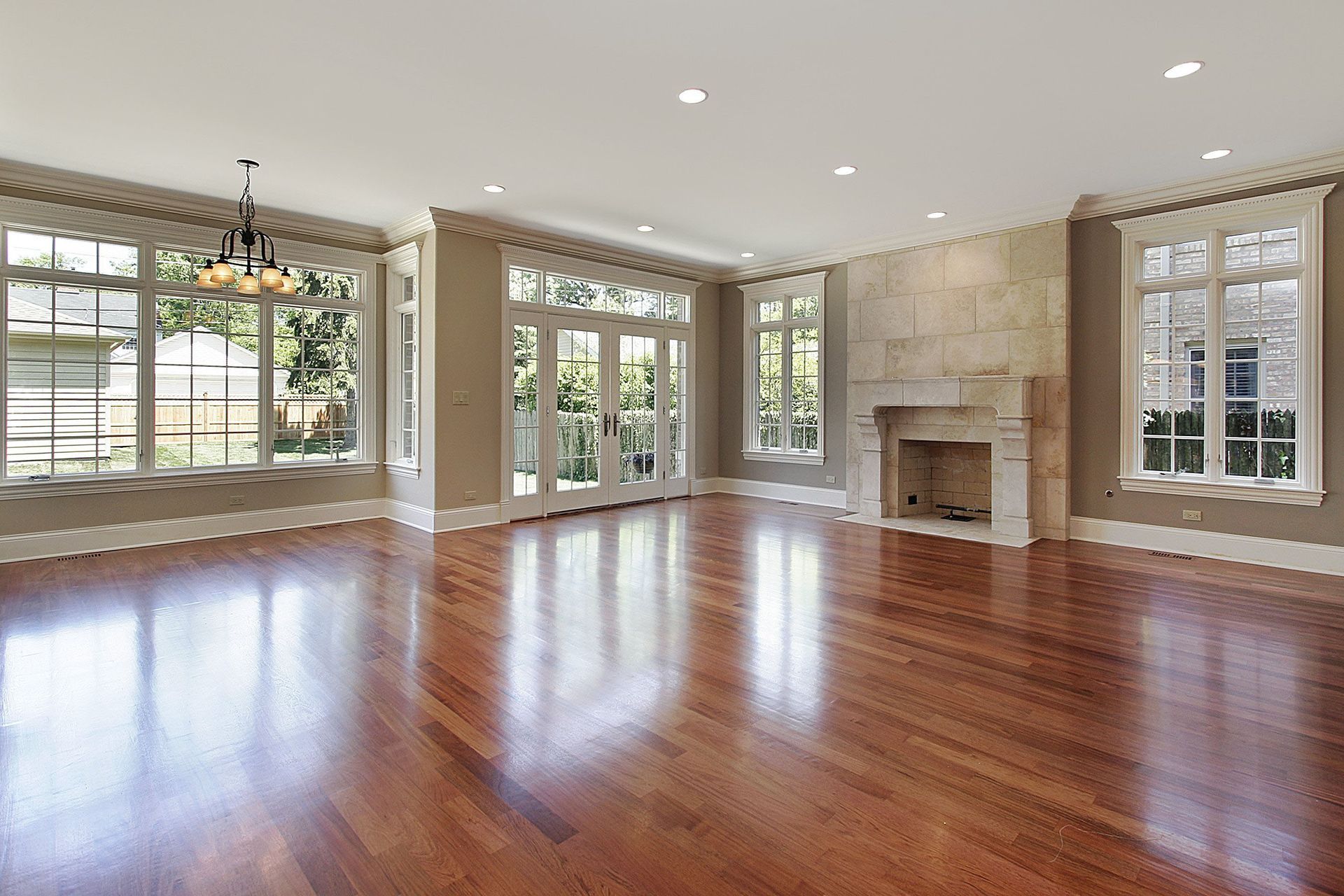
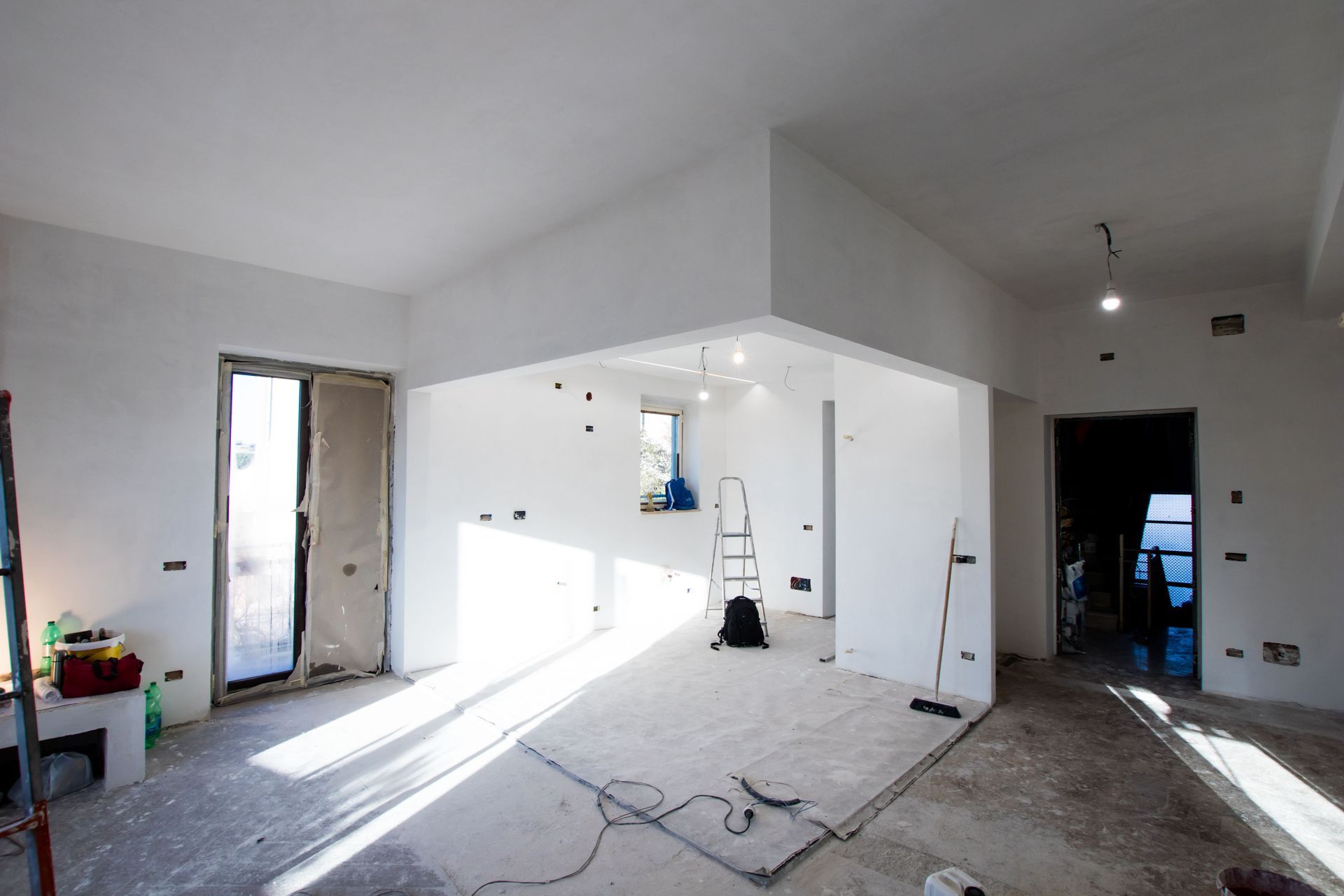
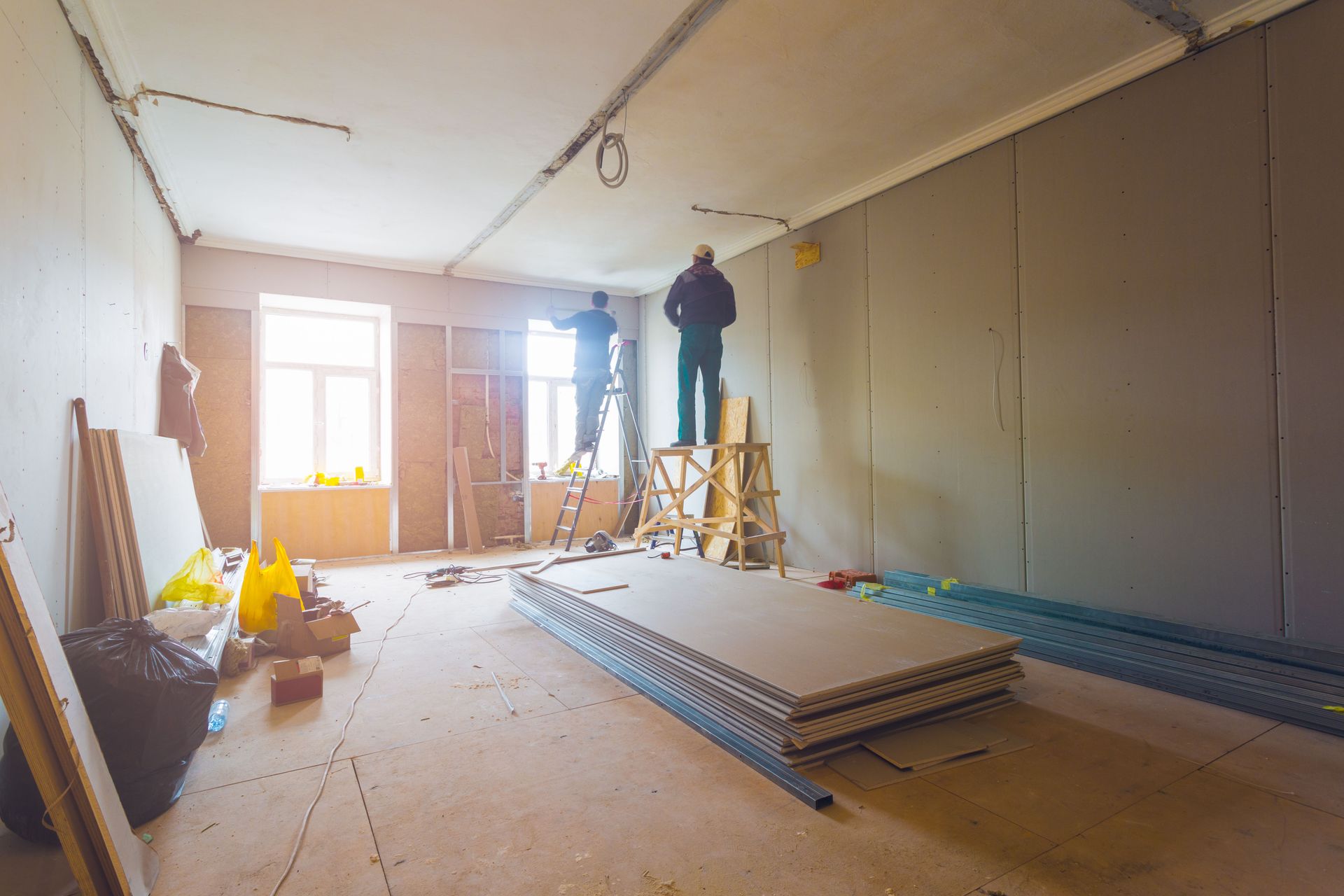



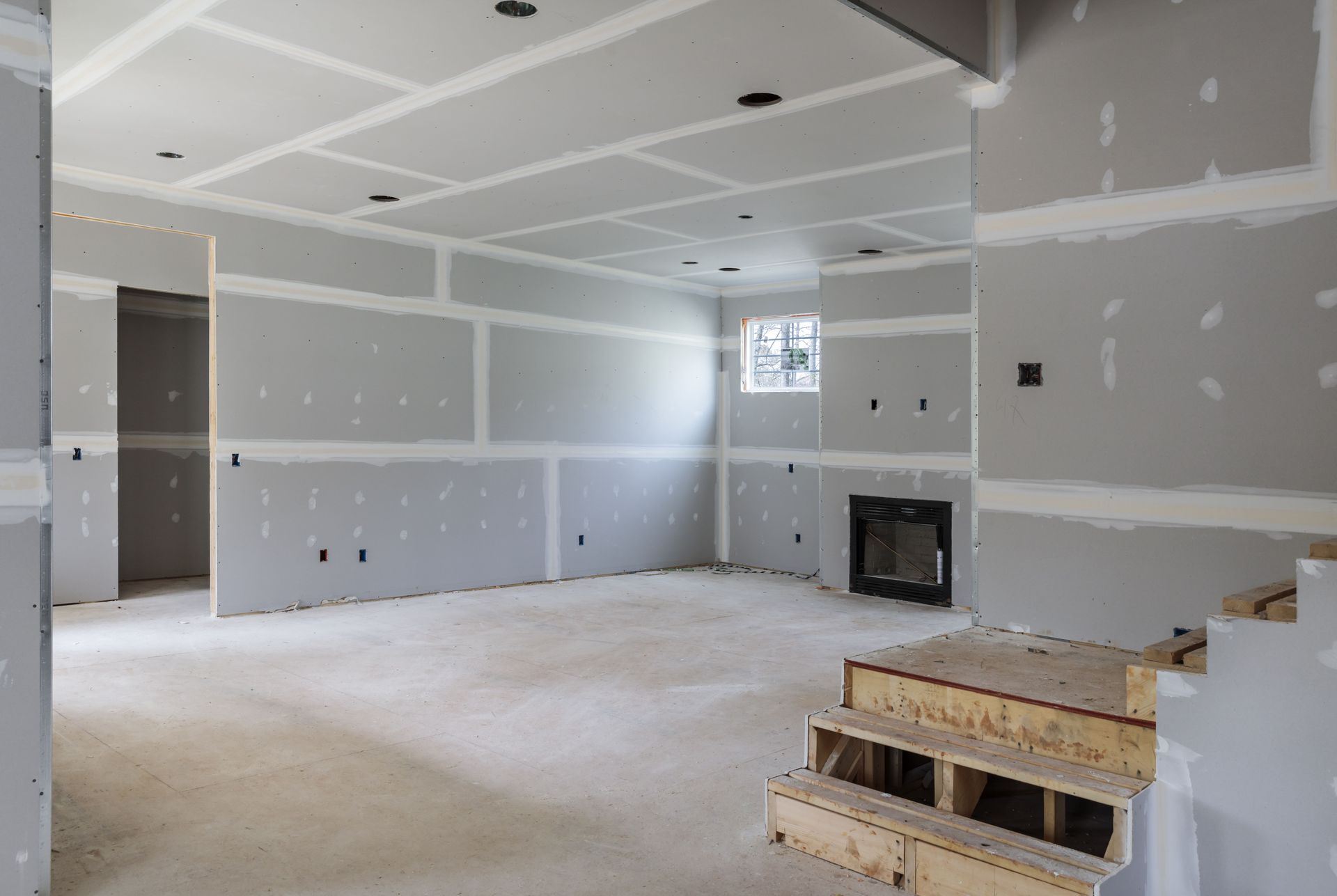

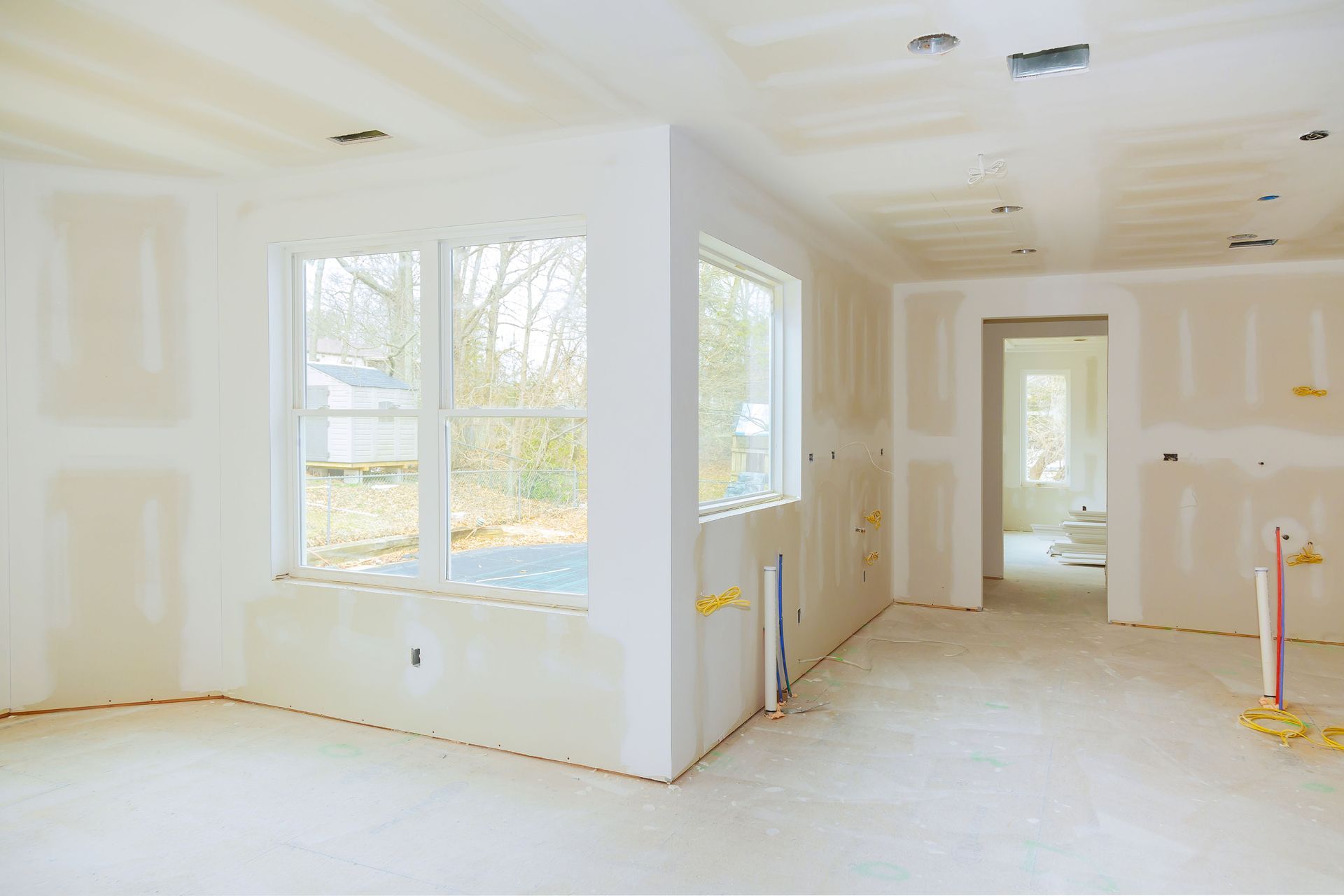
Share On: